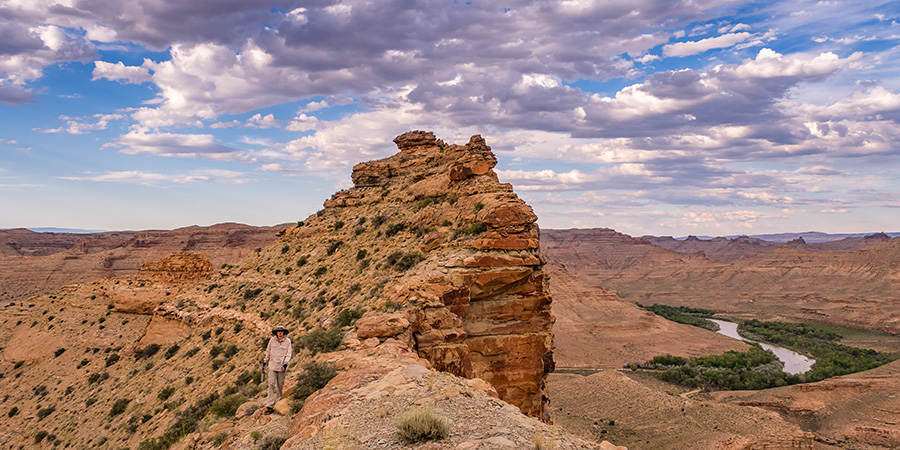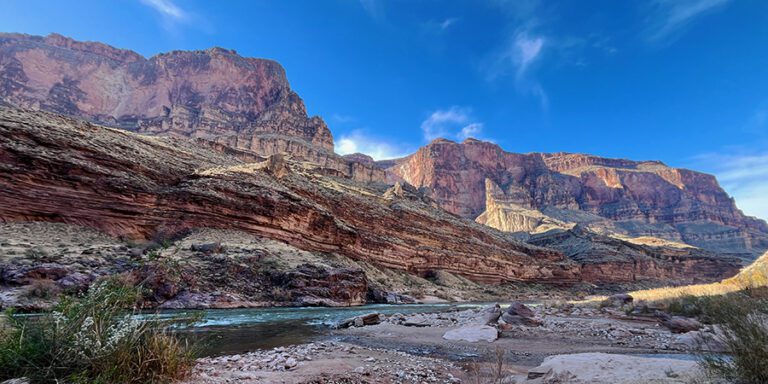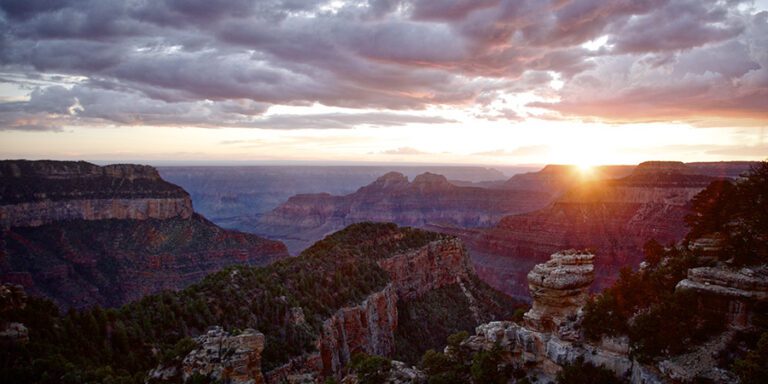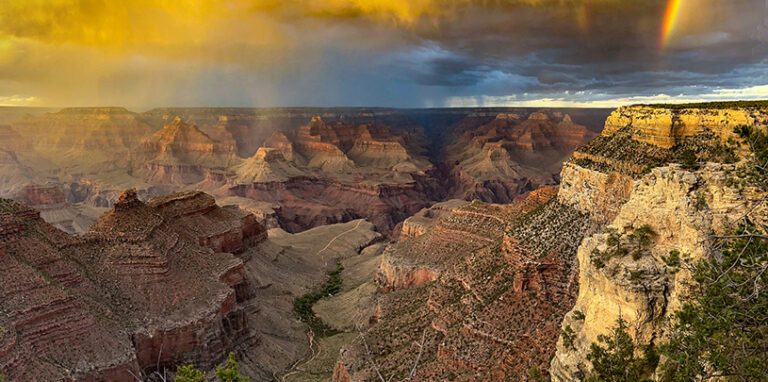
Estonian-owned oil shale giant is barred from siphoning 100 billion gallons of water from a Colorado River tributary
After more than a decade of working to prevent Estonian-owned Enefit American Oil Co. from building a massive oil shale facility on the northern reaches of the Colorado Plateau, victory, it seems, is close at hand. Last month, the company let go of its federal oil shale lease, and, a few weeks later, we reached a settlement agreement that cuts the project off from its planned water supply.
Why is it so important to stop Enefit’s planned oil shale project? Well, it would be one of the most harmful single projects in the history of industrial development on the Colorado Plateau.
Oil shale mine and processing plant would pollute Utah’s air and water
In the rugged badlands of northeast Utah’s Uinta Basin, Enefit plans to turn nearly 15 square miles of undeveloped land into the nation’s first commercial-scale facility to strip-mine and process oil shale. Enefit’s plans, dubbed the “South Project,” include building a 320-acre oil shale processing plant, strip mining up to 9,000 acres of private lands and thousands of acres of federal lands, and churning out about 50,000 barrels of synthetic crude oil every day for more than 30 years. That’s about 547 million barrels of oil total.
Oil shale, basically a fossil fuel embedded in rock, has to be heated and processed to produce refinery-ready petroleum product, meaning it has up to 75 percent more well-to-wheel greenhouse gas emissions than conventional oil. The South Project would spew hazardous air pollution and dump hundreds of millions of tons of waste rock, which can pollute groundwater and nearby rivers, home to several endangered fish species.
And then, there’s the water. Up to four barrels of water are needed for each barrel of oil produced from oil shale. To quench the South Project’s water demand, Enefit planned to draw about 3.5 billion gallons from the Green River, above where it flows into the Colorado River, every year for more than 30 years. That’s about as much water as all existing municipal and industrial water users in the Uinta Basin combined.
All that is enough to keep you (or at least me) up at night. So the Grand Canyon Trust decided to do something about it.
Challenging the Enefit oil shale project
In 2017, the Trust and other groups challenged an extension of Enefit’s federal oil shale research, development, and demonstration (RD&D) lease. The federal government had tried to jumpstart the domestic oil shale industry by issuing a handful 160-acre RD&D leases in western states, including Utah, for companies to attempt to prove they could profitably turn oil shale into synthetic crude oil. If they succeeded, those companies could convert the 160-acre lease to a 20-year commercial lease and add up to 4,960 adjacent acres of public lands.
Enefit planned to first strip mine the oil shale on its private land, then move onto a neighboring federal lease.
In 2019, the Trust led a coalition of groups in filing a lawsuit in federal district court in Utah challenging utility rights-of-way, which the company needs to operate its mine and processing plant. The gist of our lawsuit is that the federal government violated the Endangered Species Act and the National Environmental Policy act by granting the rights-of-way. That case has been awaiting a court ruling for more than three years.
Finally, in 2021, the Trust challenged the very large water right — nearly 10 million gallons of water per day — that Enefit planned to use to supply more than 99 percent of the South Project’s water needs.
This is where it gets complicated

Enefit used to own the water right, which dated back to 1965. In 2013, Enefit faced losing its water right at the looming 50-year deadline to put water to “beneficial use,” a requirement under Utah law. But the 50-year deadline can be extended if wholesale electrical cooperatives need the water to produce electricity for the public’s future power needs. Because Enefit was still many years away from using the water right to mine and process oil shale, and with the 50-year deadline fast approaching, it transferred its extremely valuable water right to Deseret Power, an electrical cooperative that owns the nearby coal-fired Bonanza Power Plant.
Later that year, Deseret Power did what Enefit couldn’t: it filed a request to extend the deadline for the water right. Deseret Power swore it needed all 10 million gallons per day to generate electricity to meet the public’s future power needs. The Utah Division of Water Rights approved the extension based on Deseret Power’s sworn statements.
But here’s the rub: before Deseret Power sought the extension, it signed a contract entitling Enefit to use the entire water right for oil shale development for more than 30 years. It sure looked like Deseret Power had struck a deal to help Enefit avoid losing its water right. So the Trust filed a protest, arguing that it was unlawful for Deseret Power to hold onto this water for electricity generation when its deal with Enefit showed it was only holding onto the water to help Enefit mine and process oil shale.
So, what happened?
A few days before a hearing scheduled for August 29, 2023 in Salt Lake City about why Deseret Power’s water right — the one Enefit was planning to use for oil shale development — should be forfeited, we reached a settlement agreement. In exchange for keeping the water right, Deseret Power agreed that neither it, nor anyone else, may use the water right for fossil fuel development, including oil shale. The settlement cuts Enefit off from the water that was essential for its oil shale project.
A few weeks earlier, on August 9, 2023, Enefit relinquished its federal oil shale RD&D lease. Surrendering the lease, issued in 2007, means the company is also abandoning efforts to mine oil shale on thousands of acres of federal lands. This marks the end of the federal oil shale leasing program — Enefit was the last company holding a federal oil shale RD&D lease; Chevron and Shell pulled out years ago.
While the lawsuit challenging the rights-of-way Enefit needs to mine and process oil shale on its private land is ongoing, we’re hopeful that cutting the South Project off from its water supply, and Enefit abandoning its federal oil shale lease, signal that the company is walking away from all its oil shale plans on the Colorado Plateau. If so, then Enefit’s will be just the latest in a long line of failed oil shale gambits in Utah dating back more than a century. Given the disastrous environmental and public health consequences at risk, hopefully it will be the last.





